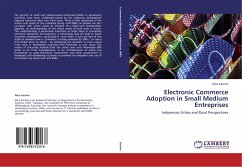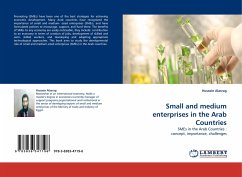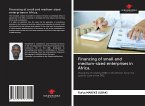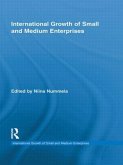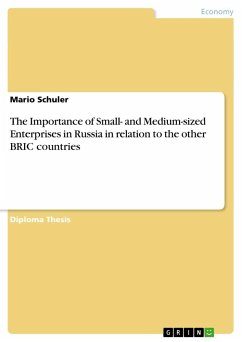The growth of small and medium-sized enterprises (SMEs) in developing countries have been challenged mainly by the widening development disparity between urban and rural areas. There is little awareness of the actual rural needs or the problems facing rural SMEs, as policies are pre-occupied with urban issues. To mitigate the urban-rural development disparity, an understanding of the actual needs of rural areas is critical. This understanding is particularly important as initial steps in promoting electronic commerce (e-Commerce), a technology that can help to foster economic development, particularly in rural areas. It was the aim of this study to examine how e- Commerce is being adopted by SMEs or issues that inhibit them to adopt by comparing the situation in urban versus rural areas in developing countries, with Indonesia as case study. The results of this study indicate that the urban and rural Indonesian SME sector is far from homogeneous. A set of implications of policy was formulated to assist Indonesian Government and other government in developed and developing countries to promote the adoption and use of e-Commerce by urban and rural SMEs.

